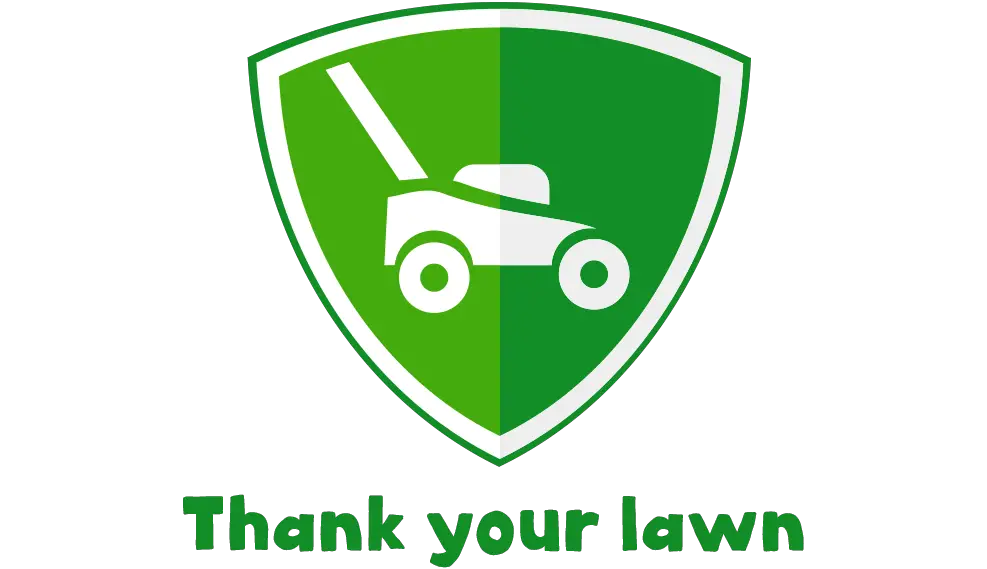Maintaining a healthy and beautiful garden requires a fair amount of time and effort, including deciding which mulch to use.
If you’ve recently started dabbling in the world of garden care, you may have noticed that people seem to be pretty divided on whether or not grass clippings make for good mulch. In this article, we’ll go over all the pros and cons of mulching your garden with the clippings from your lawn.
What Exactly is Mulch?
Used to retain moisture in the soil and to suppress weeds, mulch is a material that is spread over the soil’s surface. It also helps keep the soil cool, preventing frost in the winter, and making garden beds look more attractive. Organic mulches—such as grass clippings—will decompose, improving your soil’s structure and providing it with nutrients. Mulch will help improve the soil’s health and fertility as it decomposes, setting you up to have even healthier plants in your garden.
Pros of Using Grass Clippings as Mulch
1. Grass Clippings Add Nitrogen Back Into the Soil
Using grass clippings to mulch your garden will add nitrogen back into the soil, which is essential to plants and grasses. Nitrogen helps plants grow and assists in giving them their bright colours, so you will have a more vibrant and lively garden. Since nitrogen is naturally occurring in grass, it’s a cheaper and less chemical-filled way to provide your plants with some of the nutrients they need.
2. Grass Clippings Add Phosphorus Back Into the Soil
Phosphorus is another nutrient that plants need to grow, and it’s also another nutrient found in grass clippings. Phosphorus is especially beneficial for the roots of plants, and understandably, healthy roots play a large part in growing a healthy plant. Overusing phosphorus can be quite bad for the environment, so by using grass clippings as mulch, you won’t be adding new phosphorus to your lawn or garden in chemical form.
3. Grass Clippings Add Potassium Back Into the Soil
Potassium is another vital nutrient that plants need that is also found in grass clippings. Potassium helps encourage healthier cell walls in plants, making them stronger and more resilient for times that they have to deal with things like drought or hold and cold periods. As an organic and non-chemical option for adding potassium to your garden, grass clippings are both environmentally and budget-friendly.
4. Helps Save Time and Energy While Mowing
If you mulch the grass clippings back into your lawn as you go by using a mulching mower, you’ll save yourself plenty of time and energy. You won’t have to keep emptying your lawnmower when it fills up or have to rake up grass clippings.
As if that didn’t sound appealing enough already, your lawn will also greatly benefit from being mulched with the clippings, leaving you with a healthier lawn and more time on your hands.
5. Grass Clippings are 100% Organic Lawn Care
Using grass clippings as mulch is a natural and organic way of adding nutrients back into the soil. If you don’t use a chemical fertilizer along with this mulching method, you’ll be keeping things completely organic. Reusing your grass clippings as mulch is an environmentally friendly way of providing your garden with nutrients, all while being 100% organic.
6. Especially Ideal For Large Lawns
The bigger the lawn, the more grass clippings you’ll have to remove after mowing. If you mulch your yard with its own clippings, it’ll prevent you from having to take the time to clean them up after. Along with that, you won’t have to use loads of chemical fertilizers in order to keep your huge yard healthy—using your grass clippings as mulch will help keep the soil healthy.
Cons of Using Grass Clippings as Mulch
- If You Have Weeds Such As Crabgrass and Dandelions, Mulching Can Spread Them
Since mulching starts with chopping your grass clippings into a bunch of little pieces, the weeds will also be chopped up and combined into the mix. This can spread the spores of some weeds throughout your yard, resulting in more weeds. The best way to prevent this is to get your lawn weed-free before mulching.
2. It’s Not a Good Idea if You’ve Been Using Synthetic Fertilizers or Chemicals
Grass that has been grown using synthetic fertilizers and chemicals has had its structure altered, meaning it won’t decompose the same way that organically grown grass does. It’s best to lay off the fertilizer for a period before starting the process of mulching with your grass clippings.
3. In Damp or Wet Conditions, the Grass Can End Up in Large Clumps
If when you mulch your grass clippings, they’re wet, they’re more likely to end up forming big clumps. This has a negative effect on your lawn’s health, as the grass clumps will prevent the light from reaching the grass underneath. This will lead to dead patches on your lawn, so it’s always best to mulch when it’s drier outside.
4. Small Animals Like Voles and Shrews Can Be Attracted to Mulch
This is a problem that only occurs if you don’t mulch your grass correctly. If you attempt to mulch and don’t use the proper equipment, the grass will more than likely be too long and will turn into clumps on your yard.
This makes for a haven for little animals like voles and shrew, who can be quite destructive to your lawn. The solution to this is to mulch your lawn correctly, which will ensure that the grass pieces will be chopped tiny enough that small critters won’t be able to live there.
Conclusion
Using grass clippings to mulch your garden or yard is a cost-effective, environmentally friendly way to give your plants the nutrients they need. There are many pros—including being organic and practically free, but there are also some cons—such as attracting critters. If done correctly, though, using the clippings from your yard is an excellent and effective option for mulch.
